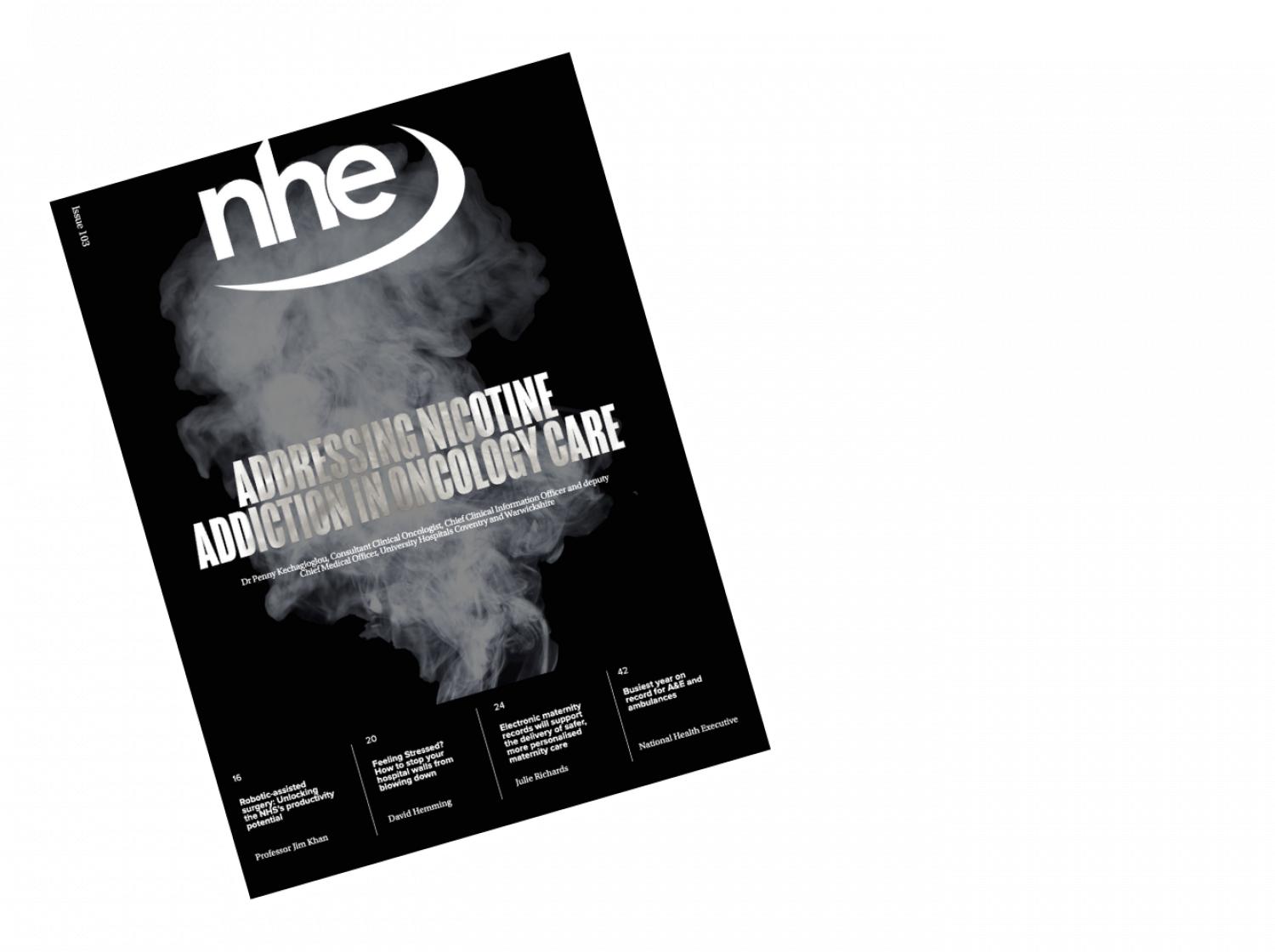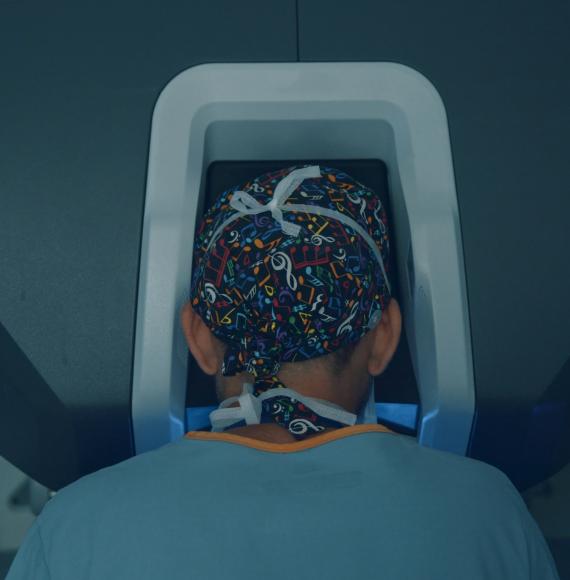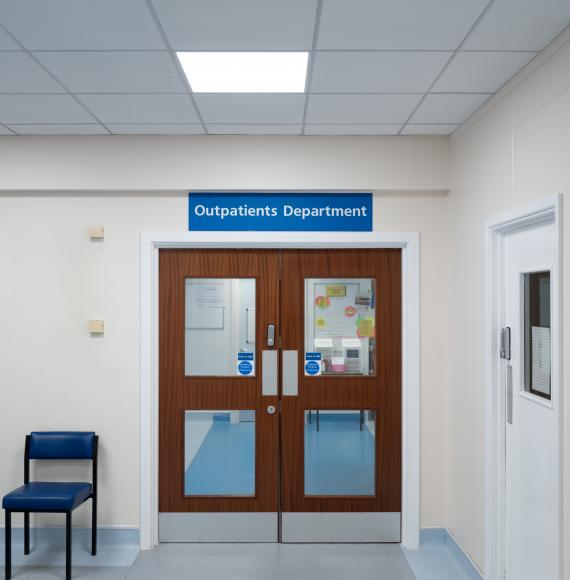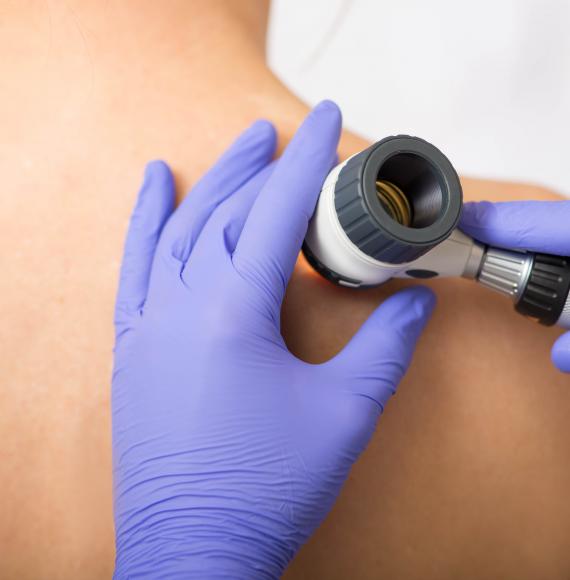Millions of patients are benefiting from greater choice and flexibility in accessing healthcare as the Prime Minister welcomes a major milestone in the rollout of the NHS App.
Latest data shows that 1.5 million appointments have been saved thanks to the Government’s accelerated rollout, helping patients access treatment more conveniently.
The NHS App allows users to manage appointments, view prescriptions, access their GP health record, and receive notifications at the touch of a button. This reduces stress on healthcare services and provides easier access to information and services. The government has exceeded its target to increase the number of hospitals allowing patients to view appointment information via the App, reaching 87% by the end of March, up from 68% in July 2024.
Measures to expand the use of the App were set out in the government’s Elective Reform Plan, offering patients a wider choice of providers and an easier, quicker way to book appointments. The government is also stepping up the use of health data to accelerate the discovery of life-saving drugs and improve patient care, with an investment of up to £600 million alongside Wellcome Trust to create a new health data research service.
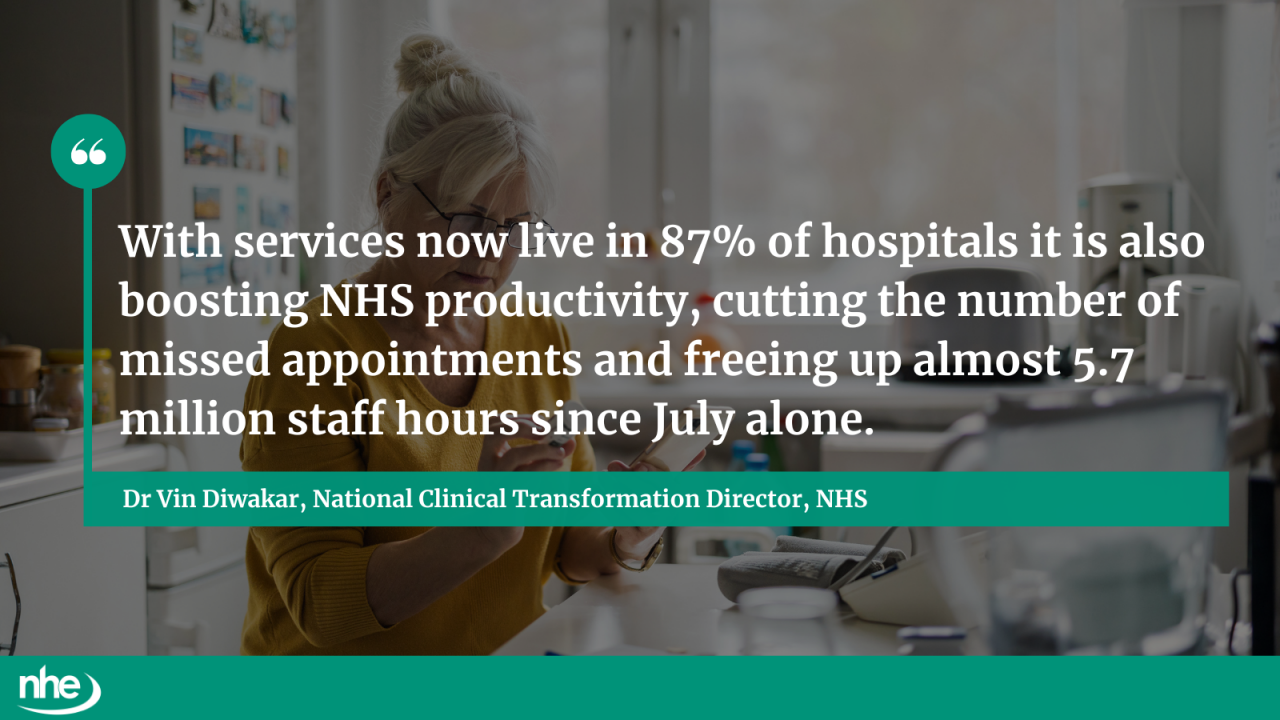
NHS National Clinical Transformation Director, Dr Vin Diwakar, commented :
“The NHS App is leading the way in switching from analogue to digital services, empowering over 37 million users with faster access to information and slashing waiting times.
“With services now live in 87% of hospitals it is also boosting NHS productivity, cutting the number of missed appointments and freeing up almost 5.7 million staff hours since July alone.”
Since July, the increased use of existing app features has saved almost 5.7 million hours of staff time, including 1.26 million clinical hours across care settings. The NHS App has helped save the equivalent of £622 million by avoiding 1.5 million missed appointments. The app has spared staff from tasks such as managing appointments, completing questionnaires, ordering repeat prescriptions, and taking patient details, freeing up frontline staff to focus directly on patient care and treatment.
New analysis shows that patients are getting faster treatment, with trusts offering services through the app cutting waiting times for more elective care patients than those who do not. Trusts using the app’s key features saw a 3-percentage point increase in the number waiting less than 18 weeks in November 2024, equating to up to 211,000 more treatments meeting the 18-week target if expanded to all hospitals.
With more patients able to access correspondence digitally through the App, almost 12 million fewer paper letters have been sent by hospitals since July, saving £5.2 million in postage costs. Forecasts for this year show the use of in-app notifications for planned care will prevent the need for 15.7 million SMS messages, saving the NHS a further £985,000.
To assist elderly and more vulnerable patients, the NHS is offering support in accessing online health services, including the NHS App, at 1,400 libraries across England. Planned NHS App upgrades will include the ability for patients to choose from a wide range of providers, book tests at convenient locations, and receive test results quickly through the app.
The app drive is part of the government’s wider ambitions to shift NHS services from analogue to digital and cut waiting lists under its Plan for Change. With three million additional appointments already delivered six months early, the government is exceeding its targets and driving down waiting lists, which have fallen for six months in a row and by 219,000 since July.
The milestone follows the government’s announcement that 4.5 million tests, checks, and scans were carried out in Community Diagnostic Centres (CDCs) between July and February, a 50% increase on the previous year. NHS waiting lists in areas with the highest economic inactivity have been slashed by almost 50,000 between October and February.
Rory Deighton, NHS Confederation Acute Director, responded to the news, saying:
“Investing in digital technology and infrastructure in the NHS is vitally important to the government’s ambition of moving from an analogue system to a fully digitised one. This will be crucial in the ongoing improvements to NHS productivity, as well as meeting patient demand and providing safe and quality care.
“The NHS App offers the potential to increase patient access, integration, and efficiency across the health service. It can help to reduce duplication and save the time of staff on admin tasks and things like repeat prescriptions.
“This is why it is so important that funding in the App as well as the wider digital transformation agenda continues long term.”
Image credit: iStock



